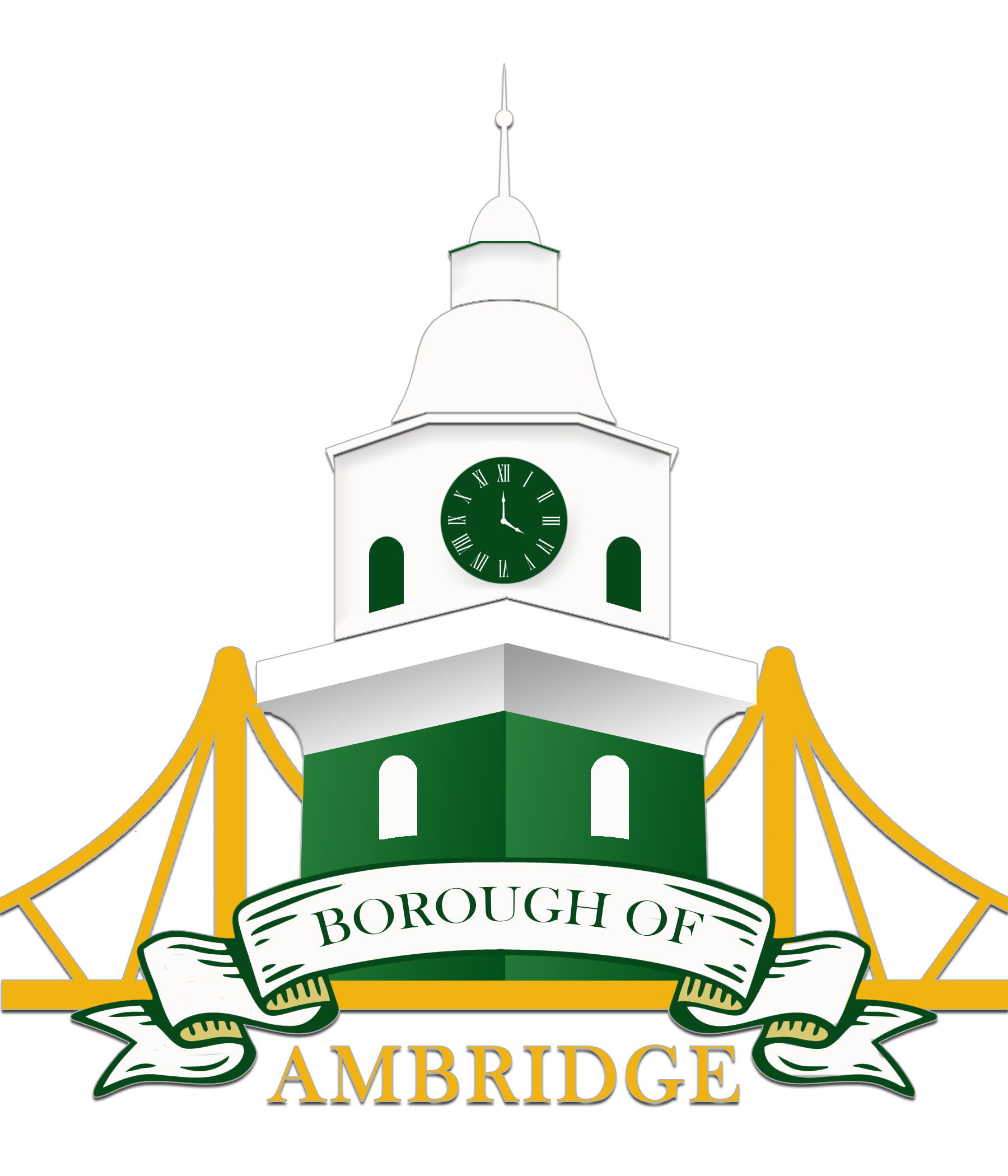BOROUGH ORDINANCES
Ordinances, Amendments, Code Of Ordinances
General Code (click here to be redirected to GENERAL CODE website for Ambridge Borough Ordinance Codes)
An ordinance is a law passed by a municipal government. A municipality, such as a city, town, village, or borough, is a political subdivision of a state within which a municipal corporation has been established to provide local government to a population in a defined area.
Ordinances constitute the subject matter of municipal law. The power of municipal governments to enact ordinances is derived from the state constitution or statutes or through the legislative grant of a municipal charter. The charter in large part dictates how much power elected officials have to regulate actions within the municipality. Municipalities that have been granted “home rule” charters by the legislature have the most authority to act.
Many Ordinances Deal With Maintaining Public Safety, Health, Morals, And The General Welfare Of Residents. For Example, A Municipality May Enact Housing Ordinances That Set Minimum Standards Of Habitability. Other Ordinances Deal With Fire And Safety Regulations That Residential, Commercial, And Industrial Property Owners Must Follow. Many Municipalities Have Enacted Noise Ordinances, Which Prohibit Prescribed Levels Of Noise After Certain Hours Of The Evening.
Ordinances May Also Deal With Public Streets And Sidewalks. They Typically Include Regulations Regarding Parking, Snow Removal, And Littering. Restrictions On Pets, Including “pooper Scooper” And Leash Laws, Are Also Governed By Municipal Ordinances.
One Of The Most Significant Areas Of Municipal Law Is Zoning. Zoning Ordinances Constitute A Master Plan For Land Use Within The Municipality. A Municipality Is Typically Divided Into Residential, Commercial, And Industrial Zoning Districts. Zoning Attempts To Conserve The Value Of Property And To Encourage The Most Appropriate Use Of Land Throughout A Particular Locality.
Copies Of Ordinances Are Available At .25 Per Page. You Will Need To Fill Out A Right To Know Form And We’ll Be Happy To Oblige. You Must Have The Number Of The Ordinance Available When You Ask For Copies. If You Have Any Questions Concerning Ordinances, Please Feel Free To Call Our Offices.
Service Request
Ambridge Complex
Ambridge Borough Building Complex
600 Eleventh Street
Ambridge, Pa 15003
Administration Office
724-266-4070
Monday – Friday
8:00 AM – 4:00 PM
This Is the Official Site of the Borough Of Ambridge, Pennsylvania – Copyright © 2007-2024 Borough of Ambridge Designed by Mobilize 360 / J. Rene Creative
